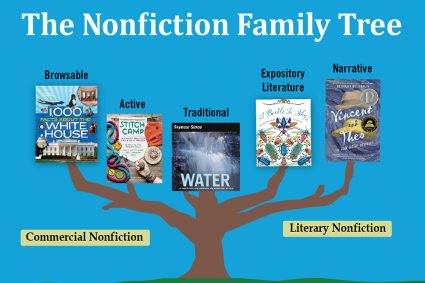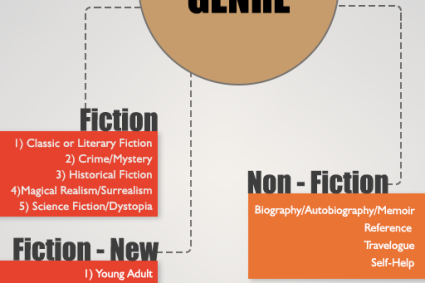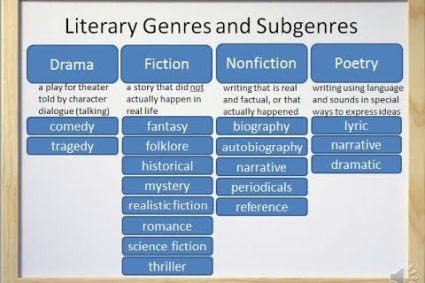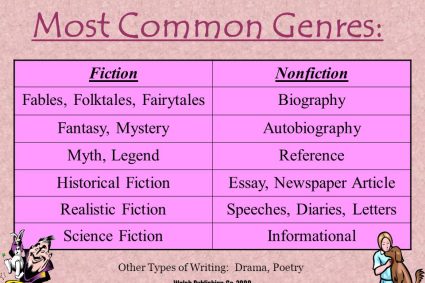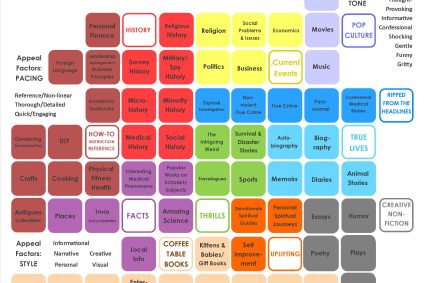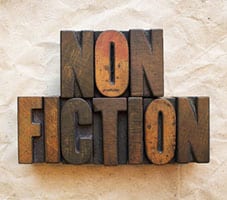
In the expansive world of literature, non-fiction genres serve as portals to the richness of reality, offering readers a diverse array of narratives grounded in truth, facts, and the exploration of real-life experiences. From illuminating historical accounts to thought-provoking essays and informative guides, non-fiction genres provide a multifaceted lens through which readers can engage with the complexities of the world. As we embark on a journey through the realms of non-fiction, we unravel the threads that weave together the varied tapestry of factual storytelling.
1. Historical Narratives:
Historical non-fiction breathes life into the events of the past, offering meticulously researched accounts that transport readers to different eras. Authors like Doris Kearns Goodwin and David McCullough craft narratives that illuminate the triumphs, challenges, and transformative moments that have shaped societies and civilizations.
2. Biographies and Memoirs:
Biographies and memoirs delve into the lives of real individuals, providing intimate portraits of their journeys, challenges, and contributions. From autobiographies by political leaders like Nelson Mandela to biographies of cultural icons like Steve Jobs, these works offer readers a closer look at the personal and professional dimensions of remarkable lives.
3. Essay Collections:
Essay collections gather thought-provoking reflections on a wide range of topics. Authors like Joan Didion and George Orwell use the essay format to explore societal issues, share personal insights, and engage readers in intellectual discourse, creating a space for contemplation and critical thinking.
4. Investigative Journalism:
Investigative journalism unveils the layers of truth behind complex issues, exposing corruption, uncovering scandals, and providing in-depth analysis. Journalists such as Bob Woodward and Ida B. Wells use investigative reporting to shed light on matters of public interest, holding those in power accountable.
5. Science and Nature Writing:
Science and nature writing explores the wonders of the natural world, scientific discoveries, and environmental issues. Authors like Rachel Carson and Stephen Jay Gould combine scientific expertise with literary craftsmanship, making complex topics accessible and engaging for a broader audience.
6. Travel Writing:
Travel writing takes readers on journeys to distant lands, offering cultural insights, immersive experiences, and reflections on the human connection to diverse environments. Writers like Bill Bryson and Elizabeth Gilbert share their adventures, fostering a sense of wanderlust and appreciation for global perspectives.
7. Self-Help and Personal Development:
Self-help and personal development books offer guidance and insights for individuals seeking personal growth. Authors like Brené Brown and Dale Carnegie provide practical advice, strategies for success, and reflections on building resilience, empowering readers to navigate life’s challenges.
8. Science and Technology:
Non-fiction works in science and technology elucidate complex scientific concepts and advancements. From books by Carl Sagan exploring the cosmos to works by Ray Kurzweil contemplating the future of technology, these genres bridge the gap between specialized knowledge and general understanding.
9. Social and Cultural Commentary:
Social and cultural commentary books analyze and critique societal norms, cultural shifts, and pressing issues. Writers such as Ta-Nehisi Coates and Naomi Klein engage readers in discussions about race, politics, and the broader social fabric, fostering awareness and dialogue.
10. True Crime:
True crime narratives delve into real criminal cases, investigations, and legal proceedings. Authors like Michelle McNamara and Truman Capote use storytelling techniques to unravel mysteries, providing readers with a gripping and often chilling look into the darker corners of human behavior.
11. Business and Economics:
Non-fiction in business and economics explores the intricacies of markets, entrepreneurship, and economic systems. Authors like Malcolm Gladwell and Thomas Piketty present insights into decision-making, success factors, and the broader economic landscape, making these topics accessible to a wide readership.
12. Health and Wellness:
Books in the health and wellness genre provide information on physical and mental well-being. From nutrition guides to mental health discussions, authors like Michael Pollan and Johann Hari contribute to the discourse on holistic health, empowering readers to make informed lifestyle choices.
In conclusion, non-fiction genres serve as windows to the world we inhabit, offering narratives that inform, inspire, and challenge our understanding of reality. From the documented accounts of history to the personal reflections of memoirs, each genre contributes to the broad spectrum of factual storytelling. As we celebrate the richness of non-fiction literature, we recognize its power to shape perspectives, foster empathy, and deepen our collective understanding of the multifaceted tapestry of human existence.

